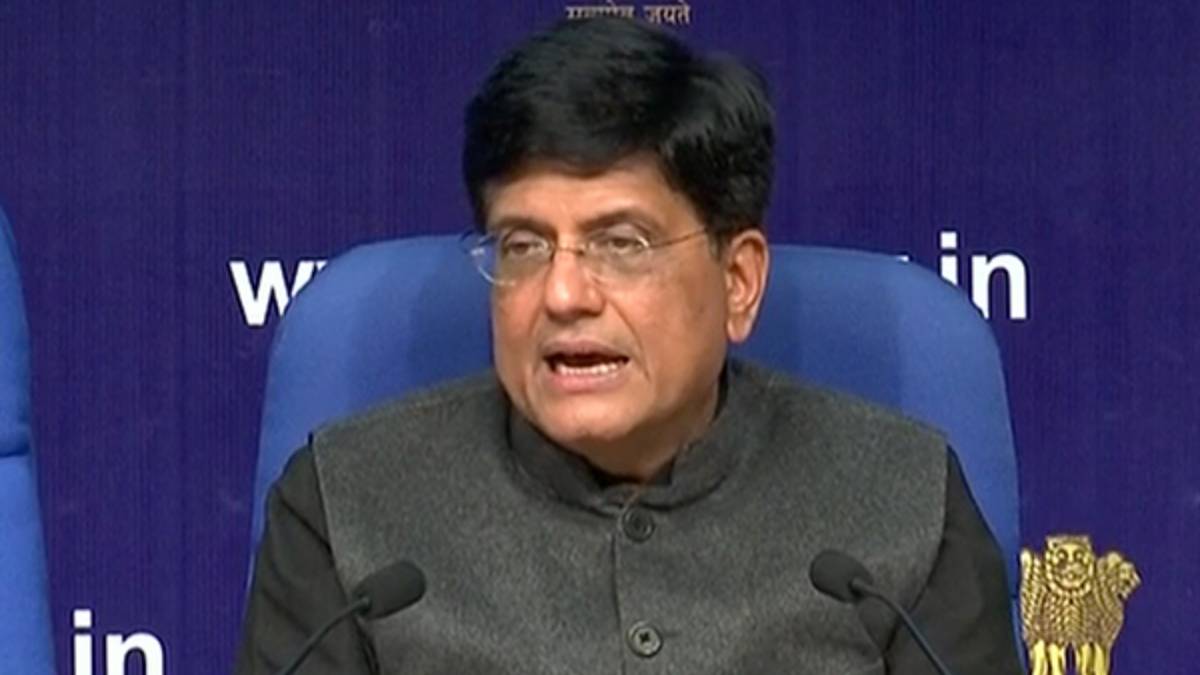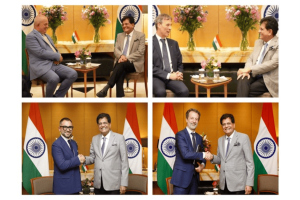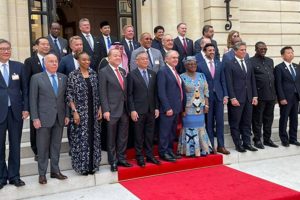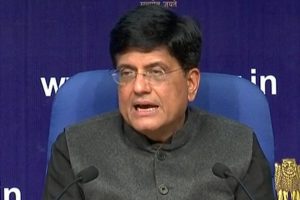Commerce and Industry Minister Piyush Goyal has expressed strong optimism about concluding the India-European Union Free Trade Agreement (FTA) by the end of this year, citing minimal differences and a high degree of economic compatibility between the two sides.
Speaking on the progress of negotiations, Goyal said, “There are not too many issues where we have divergence of opinion. Our economies are complementary. What benefits India rarely harms the EU, and what Europe offers supports India’s growth.”
The long-anticipated FTA, once finalized, will aim to reduce trade barriers, promote investment, and facilitate easier market access across goods, services, and related sectors. Goyal emphasized that while some sensitive areas still require resolution, both parties are committed to achieving a “fair balance” in the agreement.
“Like in any trading partnership, there are sensitive issues on both sides. These need to be handled with care and mutual respect,” he noted.
Highlighting India’s progressive stance on key global concerns such as gender equality and sustainability, Goyal said India is already a leader on these fronts. “We are proud of the incredible contribution of Indian women. When it comes to gender and sustainability, India is already at the forefront,” he said, in response to concerns raised by the EU.
On regulatory challenges, Goyal acknowledged that both sides have flagged specific issues. “We have concerns about some EU regulations, and they have theirs. But we are approaching the talks in good faith with the aim of resolving them equitably.”
Importantly, the minister clarified that free trade negotiations are independent of India’s domestic business reforms. “FTAs stand on their own. They’re about market access and trade liberalisation—not tied to internal policy changes,” he asserted.
Goyal underlined the broader economic benefits that a successful FTA would bring: “It opens doors across goods, services, investments—virtually all sectors of the economy. This is about boosting competitiveness, productivity, and benefiting our 1.4 billion consumers.”
The India-EU FTA has been in the works for several years and represents a major strategic milestone in deepening trade relations between one of the world’s fastest-growing economies and one of its largest trading blocs. If signed, it would mark a significant shift in global economic cooperation and signal India’s growing role in shaping international trade frameworks.
With optimism high and most major hurdles reportedly addressed, Goyal’s remarks suggest that India and the EU could soon enter a new era of economic collaboration—anchored in mutual benefit, shared values, and a commitment to inclusive growth.





